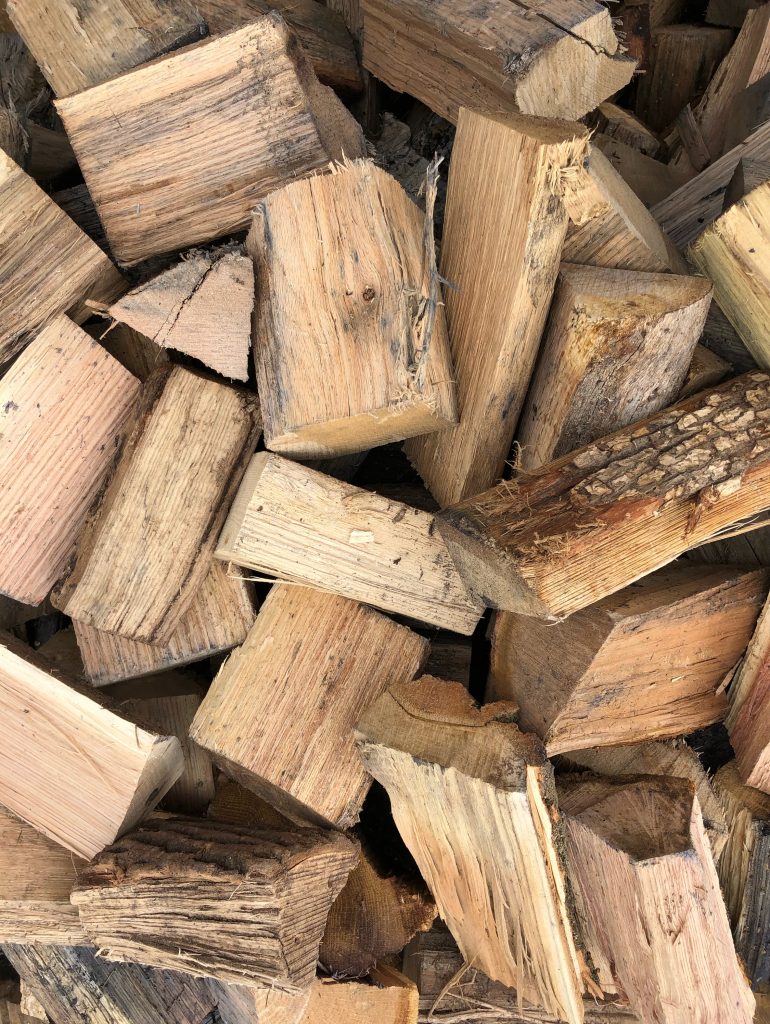Remington mulch is an essential component for any gardening enthusiast looking to enhance the health and aesthetics of their gardens. In this comprehensive guide, we will delve into the various aspects of Remington mulch, its benefits, types, and how to effectively use it in your landscaping projects. Whether you are an experienced gardener or a beginner, this article will provide you with valuable insights to make informed decisions about your gardening needs.
The use of mulch has been a common practice among gardeners for centuries. It not only plays a crucial role in soil health but also contributes to the overall beauty of outdoor spaces. Remington mulch, specifically, has gained popularity due to its unique properties and effectiveness in promoting plant growth. In the following sections, we will explore the various types of Remington mulch, its application methods, and tips to maximize its benefits.
As we navigate through this article, you will learn about the science behind mulch, the specific advantages of using Remington mulch, and expert recommendations to help you maintain a thriving garden. So, let's embark on this gardening journey together and uncover the secrets of Remington mulch!
Table of Contents
- What is Remington Mulch?
- Types of Remington Mulch
- Benefits of Using Remington Mulch
- How to Apply Remington Mulch
- Maintenance Tips for Remington Mulch
- Remington Mulch vs. Other Mulches
- Frequently Asked Questions about Remington Mulch
- Conclusion
What is Remington Mulch?
Remington mulch is a specific type of organic mulch made from shredded bark, wood chips, and other natural materials. It is designed to help retain moisture in the soil, suppress weeds, and improve the overall health of garden beds. Unlike synthetic mulches, Remington mulch offers a more environmentally friendly option, as it is biodegradable and enriches the soil as it decomposes.
Types of Remington Mulch
There are several types of Remington mulch available on the market, each with its unique characteristics. Here are the most popular varieties:
- Pine Bark Mulch: This type is made from shredded pine bark and is known for its attractive appearance and natural acidity, which can benefit acid-loving plants.
- Cedar Mulch: Cedar mulch is highly resistant to insects and decay, making it an excellent choice for long-lasting ground cover.
- Hardwood Mulch: Made from a mix of different hardwoods, this mulch offers a rich color and is perfect for adding organic matter to the soil.
- Rubber Mulch: Although not organic, rubber mulch is a durable option that provides excellent weed control and moisture retention.
Benefits of Using Remington Mulch
Using Remington mulch in your garden provides numerous advantages that can significantly improve the health and appearance of your plants. Here are some key benefits:
- Moisture Retention: Remington mulch helps keep the soil moist by reducing evaporation, which is particularly beneficial during hot summer months.
- Weed Suppression: A thick layer of mulch can effectively block sunlight, preventing weed seeds from germinating and taking over your garden.
- Soil Temperature Regulation: Mulch acts as an insulating layer, helping to keep soil temperatures stable during extreme weather conditions.
- Improved Soil Quality: As Remington mulch decomposes, it adds organic matter to the soil, enhancing its fertility and structure.
How to Apply Remington Mulch
Applying Remington mulch is a straightforward process that can be accomplished in a few simple steps:
- Prepare the Area: Clear the area of any weeds or debris to create a clean surface for the mulch.
- Choose the Right Depth: Aim for a mulch layer of 2-4 inches to maximize benefits without suffocating plants.
- Apply Evenly: Spread the mulch evenly around plants, avoiding direct contact with plant stems to prevent rot.
- Water Thoroughly: After applying mulch, water the area to help settle it and promote moisture retention.
Maintenance Tips for Remington Mulch
Proper maintenance of Remington mulch will ensure its longevity and effectiveness. Here are some tips to keep in mind:
- Check the mulch depth regularly and add more as needed to maintain the recommended layer.
- Refresh the mulch every year by adding a new layer to replenish nutrients and improve appearance.
- Rotate mulch types occasionally to prevent the buildup of pests or diseases associated with a single type.
Remington Mulch vs. Other Mulches
When comparing Remington mulch to other types of mulch, several factors come into play:
- Organic vs. Inorganic: Remington mulch is organic, while some options like rubber mulch are not, which can affect soil health.
- Cost: Organic mulches, including Remington mulch, can be more cost-effective in the long run as they improve soil health.
- Appearance: Remington mulch often provides a more natural aesthetic compared to synthetic options.
Frequently Asked Questions about Remington Mulch
Here are some common questions and answers regarding Remington mulch:
- Is Remington mulch safe for all plants? Yes, it is generally safe for most plants, but be cautious with sensitive species.
- How often should I replace Remington mulch? It is recommended to refresh it annually or as needed based on decomposition.
- Can I use Remington mulch in vegetable gardens? Absolutely, it can improve moisture retention and soil quality in vegetable beds.
Conclusion
In summary, Remington mulch is a versatile and beneficial addition to any garden. Its ability to retain moisture, suppress weeds, and enhance soil quality makes it a top choice for gardeners. By understanding the different types of Remington mulch and how to apply it effectively, you can create a thriving garden that is both beautiful and healthy. We encourage you to explore the world of gardening with Remington mulch and share your experiences in the comments below!
Thank you for reading! We hope you found this guide helpful and informative. For more gardening tips and insights, be sure to check out our other articles.




